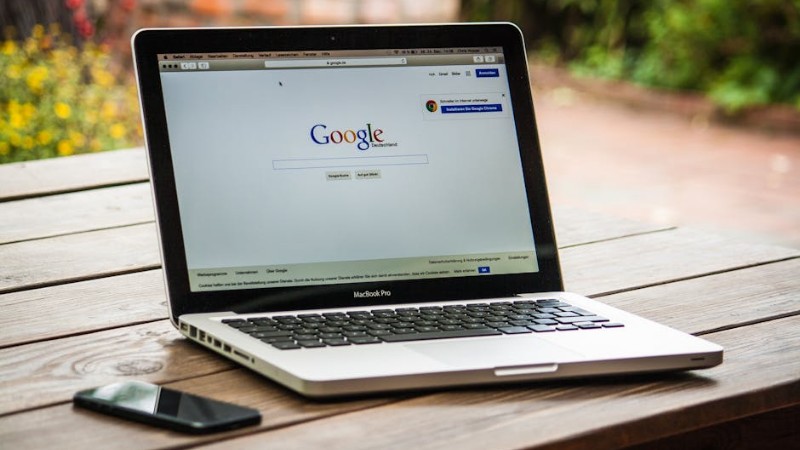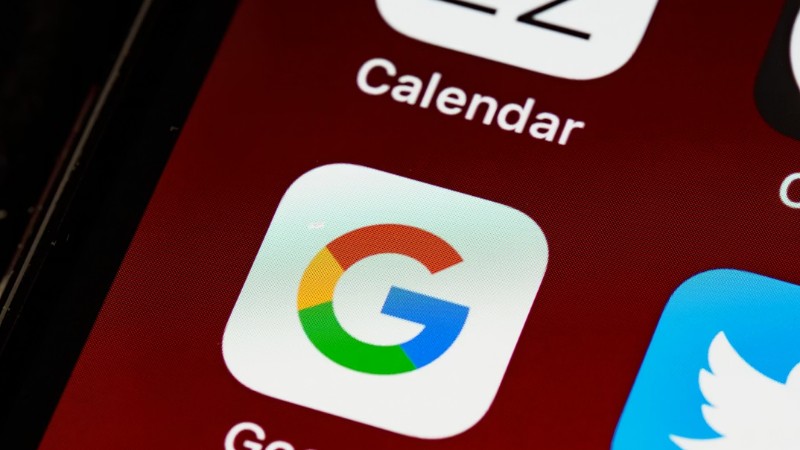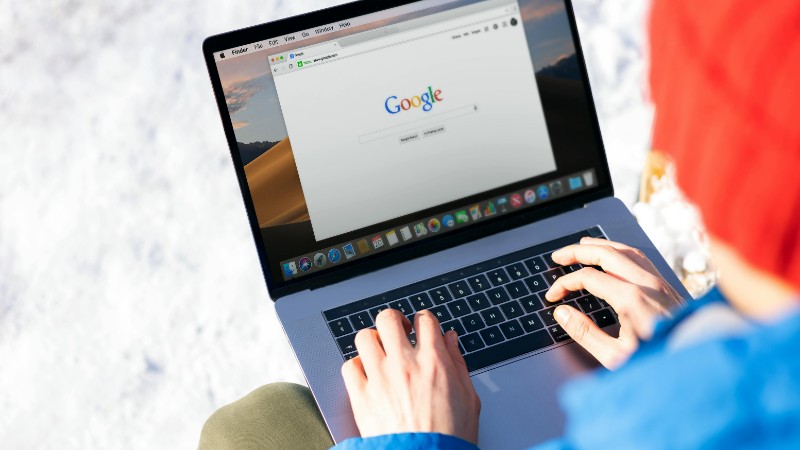The paid ads agency dilemma: why big budgets still miss real results
Paid Ads AgencyPaid advertising keeps getting more competitive, yet the gap between campaigns that merely spend money and those that drive steady growth remains striking. Businesses continue to pour budgets into digital platforms; still, many campaigns underperform. In fact, over 80% of ads fail to meet basic attention thresholds. Why do some campaigns seem to work effortlessly while others struggle to gain traction? Much of the answer sits in the groundwork that happens long before an ad goes live. A skilled paid ads agency starts by studying how people actually search, compare, and decide, rather than relying on surface-level demographics. Competitor behavior, seasonal demand shifts, and changes in consumer habits all feed into this early analysis, shaping decisions around messaging, timing, and placement. How a paid ads agency plans for performance Once that foundation is in place, planning becomes more deliberate. Instead of vague ambitions, goals are defined in measurable terms, budgets are distributed with intent, and platforms are chosen based on real user behavior. Creative work plays a central role at this stage, since clear offers, relatable language, and consistent visuals often decide whether someone scrolls past or stops to engage. When a paid ads agency treats creative as strategy rather than decoration, campaigns tend to feel more relevant. Targeting is where efficiency is either won or lost. Detailed audience signals, past interactions, and retargeting efforts help focus spending on users most likely to convert. At the same time, automation and tracking tools allow teams inside a paid ads agency to spot patterns quickly and act on them without delay. Where performance is won over time What keeps results improving, though, is constant adjustment. Campaigns are reviewed daily, variations are tested, and decisions are guided by return on ad spend, customer lifetime value, and brand impact instead of surface metrics. Working with the right paid ads agency that treats optimization as an ongoing process, rather than a final step, makes the difference between short-term wins and lasting performance in today’s crowded digital market.








